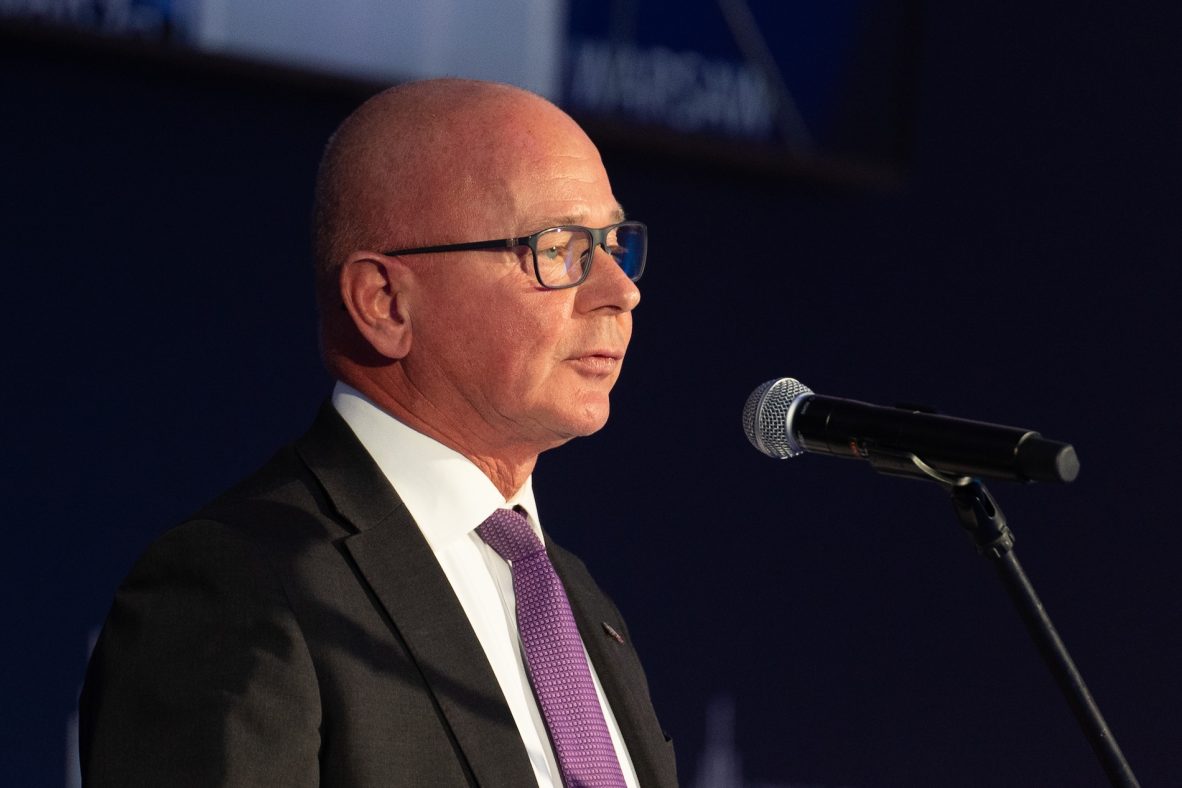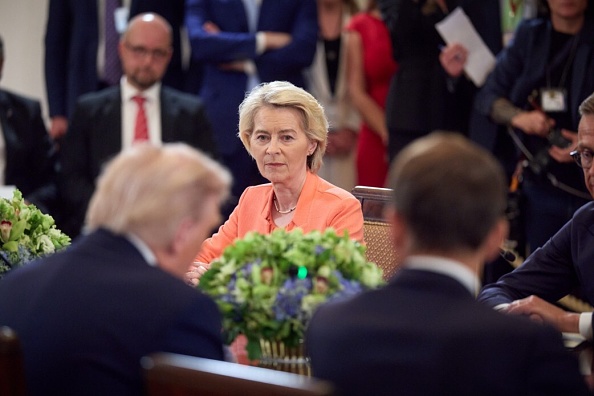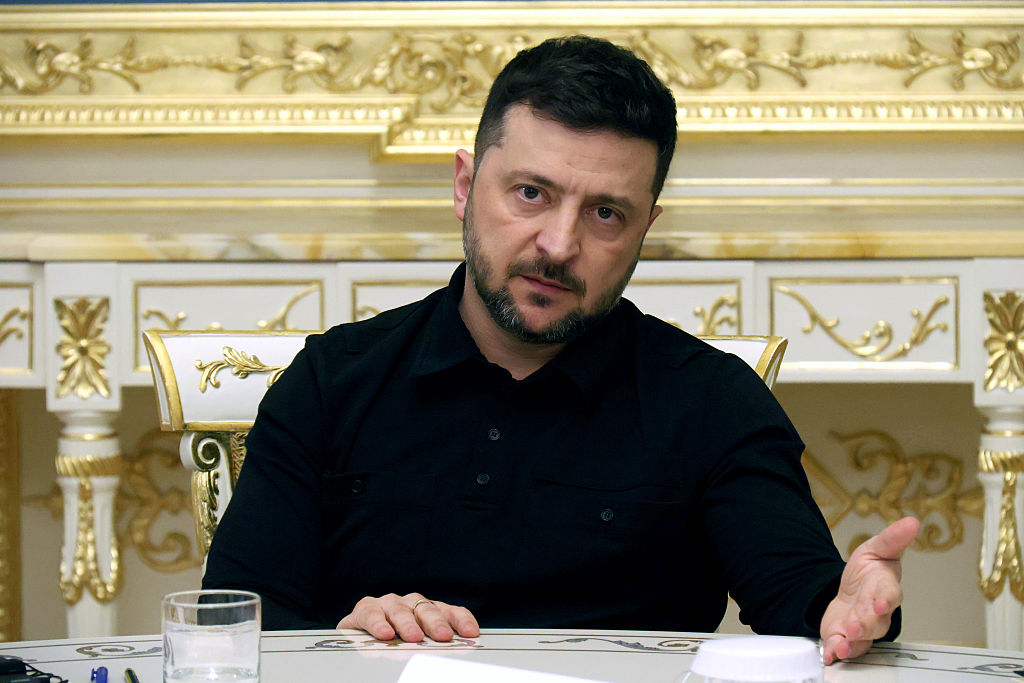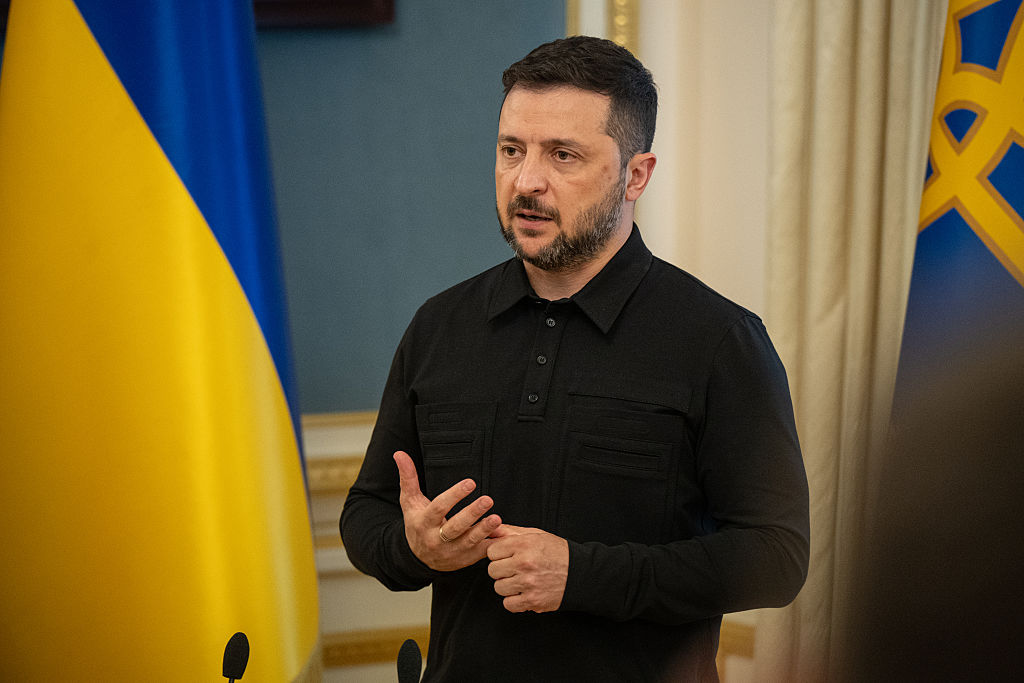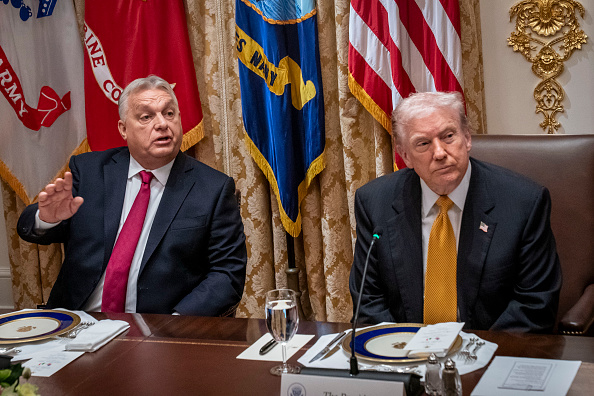Belgium’s leader threatens to block Ukraine loan if key demands not met
“If we move, we must move all together," said Bart De Wever. "That’s European solidarity”
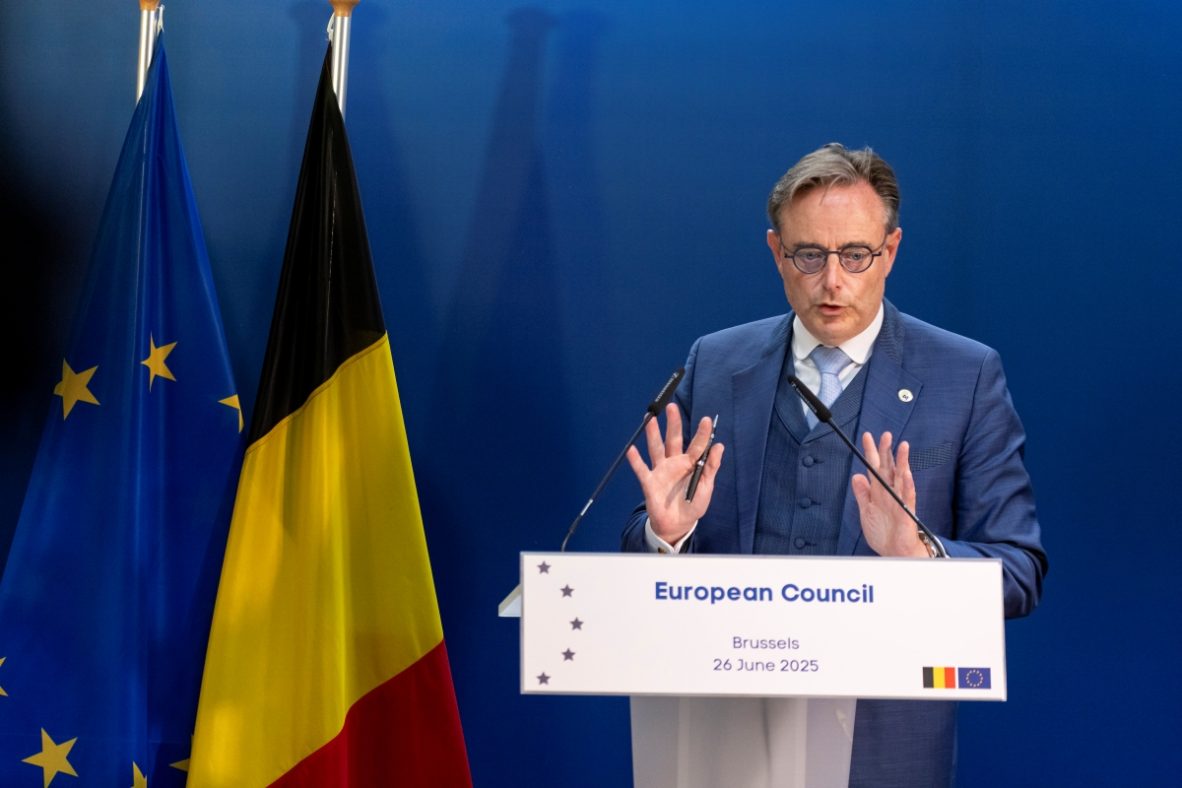
Belgium’s Prime Minister Bart De Wever said he will “do everything in my power” to block the EU’s floated new loan for Ukraine unless financial and legal risks are shared, and other EU countries harness Russian sovereign assets held in their own jurisdictions.
Speaking before a summit of EU leaders in Brussels, De Wever called for a “full mutualisation of the risks” associated with using immobilised Russian assets to support Kyiv’s war effort, which the European Commission is seeking to do under the auspices of a €140 billion “reparation loan”.
He also called for financial guarantees to be made by other EU member states in case the money has to be paid back to Moscow, and for other countries to “move” with Belgium by harnessing frozen Russian sovereign assets.
Belgium holds most of the Russian central bank assets that were immobilised by the EU shortly after Moscow’s full-scale invasion in 2022, making it a key player in EU discussions. It remains especially wary of the danger the scheme could pose to Euroclear, the Brussels-based clearinghouse, which retains the funds that would be used for the loan.
“We know that there are vast amounts of Russian money in other countries that are silent about this,” De Wever said. “If we move, we must move all together. That’s European solidarity.”
“If these three demands – that are quite reasonable, I think – are met, then we can go forward,” he added. “If not, I will do everything in my power at the European level, also at the national level, politically and legally, to stop this decision.”
Why the EU debate over Ukraine’s ‘reparation loan’ has only just begun
EU leaders meeting on Thursday are expected to ask the European Commission to draw up…
5 minutes
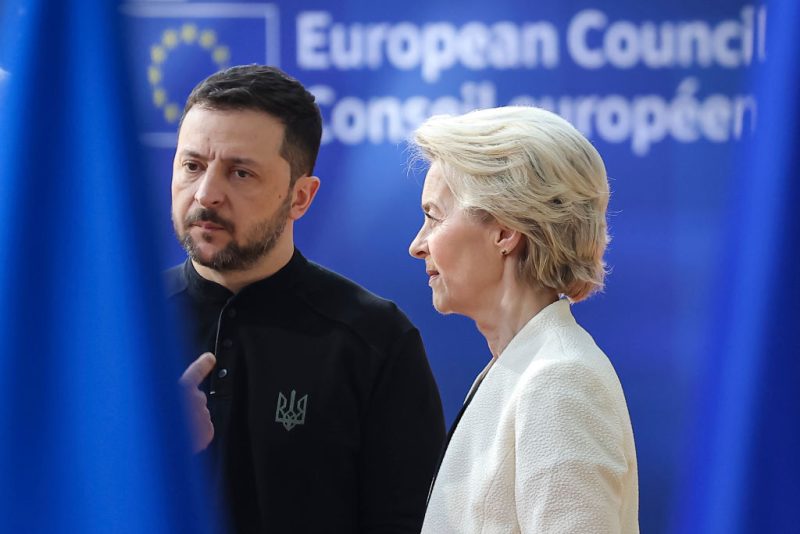
Announced by Commission President Ursula von der Leyen in her “State of the Union” speech in September, the loan is strongly backed by Germany, France, and the Baltic States. They argue the scheme is an essential lifeline to support Ukraine, which has been pounded by increasingly fierce Russian air attacks in recent month.
But Belgium, Luxembourg, and the European Central Bank are more cautious, even though the loan would allow fiscally strained EU capitals to avoid having to contribute their own money to support Kyiv.
De Wever’s three demands come after he raised “six points” regarding the loan for leaders to consider following the previous European Council summit in Copenhagen earlier this month.
These included the need to respect international law, potential risks to eurozone stability, and the importance of addressing what will happen to a separate €45 billion G7 loan – which harnesses the assets’ profits rather than the assets themselves – if the reparation loan goes ahead.
De Wever on Thursday also urged the Commission to come forward with a “legal basis” for its plan to use the assets. “This is not a detail – even during the Second World War, immobilised assets were never touched,” he said.
“I would be surprised if we get it all done today, but miracles have happened before,” De Wever added.
(mm)




